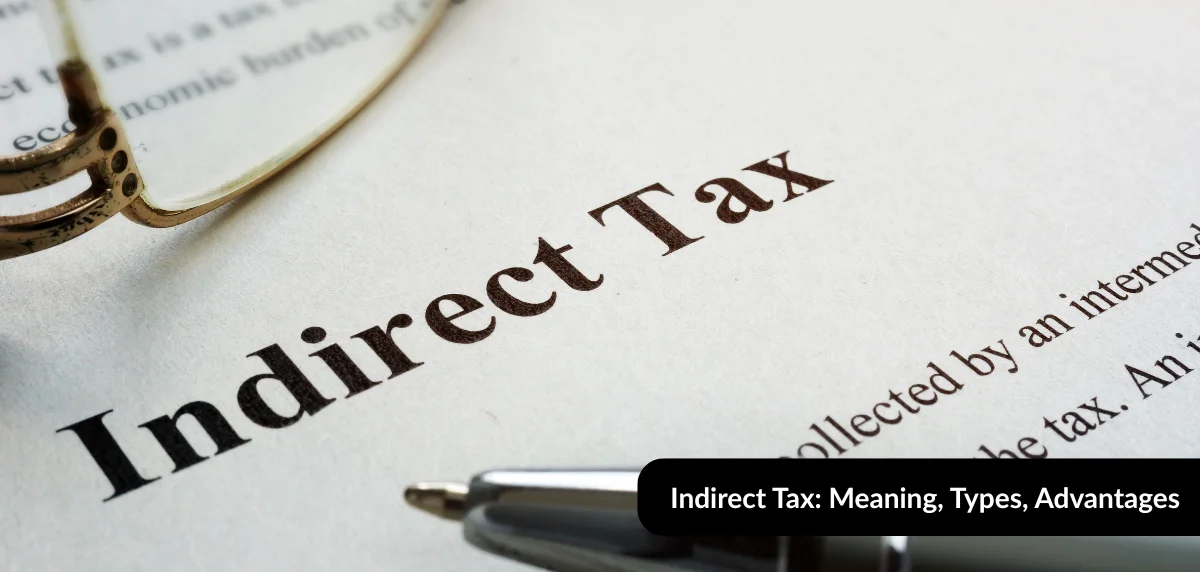Senior citizens often rely on interest income as a steady source of earnings after their retirement. To provide tax relief on this interest income, the Income Tax Act offers two key provisions - Section 80TTA and 80TTB. Both can help reduce the tax burden on interest earnings. However, they differ in terms of eligibility and limits. Let’s understand the difference between 80TTA and 80TTB, their benefits, and more.**
But, before comparing 80TTA vs 80TTB, it would be best to first understand each one in detail.**
What is Section 80TTA?**
Section 80TTA provides a deduction of up to ₹10,000 per financial year on interest earned from savings accounts held with banks, post offices, or cooperative societies. This deduction is applicable to individual taxpayers and Hindu Undivided Families (HUFs).
The interest earned must be from savings accounts only, not fixed or recurring deposits. Any interest income above ₹10,000 is fully taxable under the applicable income tax slab.
However, one crucial point to note about this deduction is that it is not available to senior citizens. The government has ensured a new section altogether for those over 60 years of age - Section 80TTB.
What is Section 80TTB?**
Section 80TTB was introduced specifically to support senior citizens aged 60 years and above. It allows a higher deduction of up to ₹50,000 on interest earned from not just savings accounts but also fixed deposits and recurring deposits with banks, post offices, and cooperative banks.
This section is more comprehensive in scope and offers substantial tax relief for retirees who may rely on interest income. The deduction limit is higher than 80TTA and is meant to support the financial needs of senior citizens. A key point to note is that if a senior citizen claims a deduction under Section 80TTB, they cannot claim benefits under 80TTA. An individual can only choose one between Section 80TTA and 80TTB.
Using an income tax calculator can help seniors estimate their tax liability after applying Section 80TTB and also plan better for the year ahead.
Differences Between Section 80TTA and 80TTB**
Let’s understand 80TTA vs 80TTB in a simple, visual way:
Feature
| Section 80TTA
| Section 80TTB
|
Who can claim?
| Individuals and HUFs (excluding seniors)
| Resident senior citizens (60+ years)
|
Maximum deduction limit
| ₹10,000
| ₹50,000
|
Types of income covered
| Interest from savings accounts only
| Interest from savings, fixed & recurring deposits
|
Mutually Applicable
| No if 80TTB is claimed
| Cannot claim both
|
The difference between 80TTA and 80TTB lies mainly in the scope and limit of the deduction and who can claim it. Section 80TTB is more beneficial for senior citizens due to its broader coverage and higher deduction cap.
If you are a senior citizen using an income tax calculator, always opt for 80TTB over 80TTA to maximise savings.
Other ITA Sections Useful for Senior Citizens**
Along with sections 80TTA and 80TTB, several other provisions of the Income Tax Act can benefit senior citizens:
Section 80C
Under this section, investments in tax-saving instruments such as Public Provident Fund (PPF), Senior Citizens Saving Scheme (SCSS), and life insurance premiums, are eligible for deductions up to ₹1.5 lakh annually. Section 80C can help reduce taxable income and ensure long-term tax savings for retirees.
Rebate under 87A
Senior citizens with taxable income up to ₹5 lakh under the old regime and ₹7 lakh under the new regime are eligible for a rebate under 87A. This means their effective tax liability may become zero. For those below the income threshold, the rebate under 87A, combined with deductions under 80TTB and section 80C, can result in considerable tax savings.
Section 80D
Under section 80D, one can claim deductions against their health insurance premiums. For senior citizens, the claim limit can reach up to ₹50,000. This deduction can be claimed alongside Section 80C deductions to reduce one’s tax outgo considerably while enjoying the assurance of a health cover.
Section 80DDB
This section provides tax deductions for expenses incurred on the treatment of specified diseases. Senior citizens can claim up to ₹1 lakh as a deduction for medical treatment of self or dependents under section 80DDB. However, if health insurance is being availed by the patient, an amount equal to the reimbursed amount shall be subtracted from the total deduction.
Key Points to Remember**
- Many of the tax benefits may only be available under the old tax regime. Hence, make sure you have chosen a tax regime most beneficial to you.
- Super senior citizens, i.e., individuals above 80 years of age, may be eligible for higher deduction limits under tax-saving sections.
- If the senior citizen is running a business, the same may be subject to corporate tax. It is best to consult a financial expert to get personalised guidance regarding the same.
Both Section 80TTA and 80TTB provide valuable tax relief on interest income, with Section 80TTB being more beneficial for seniors. By making the most of these tax concepts and benefits, senior citizens can minimise their tax burden and retain more of their income.**
** Tax exemptions are as per applicable tax laws from time to time.






















